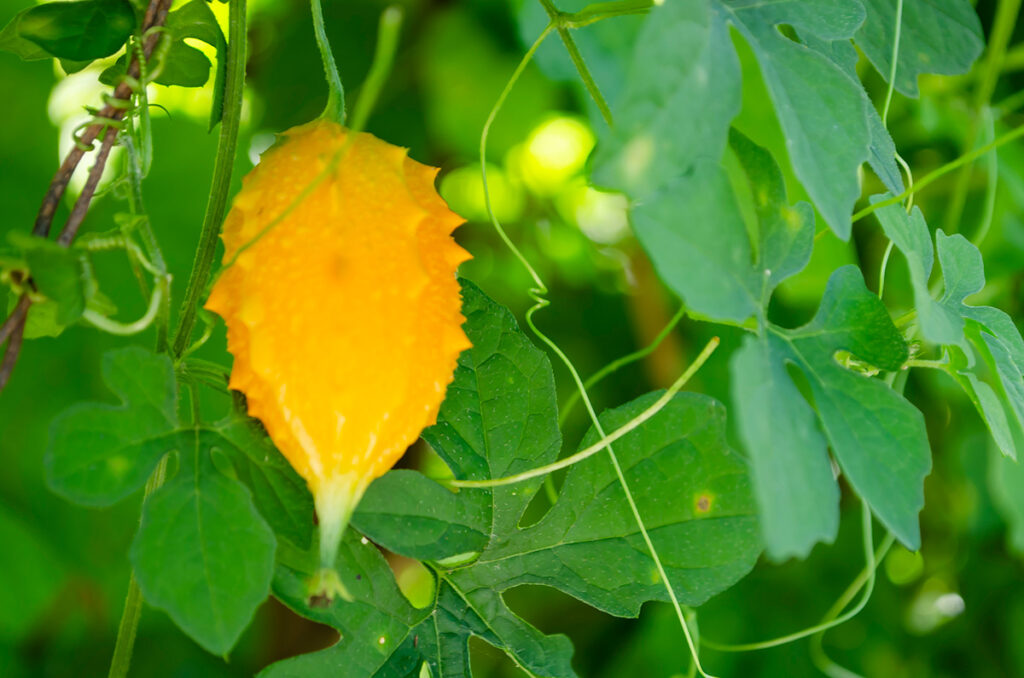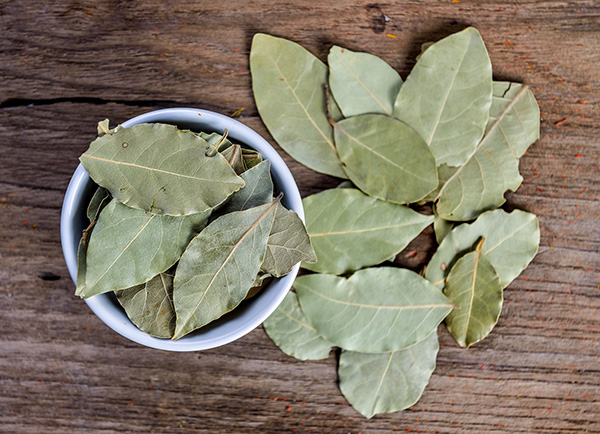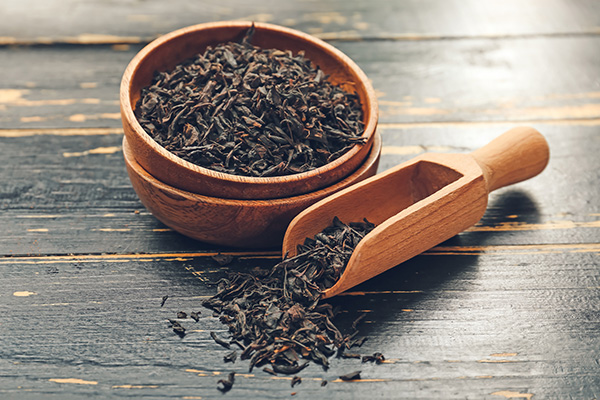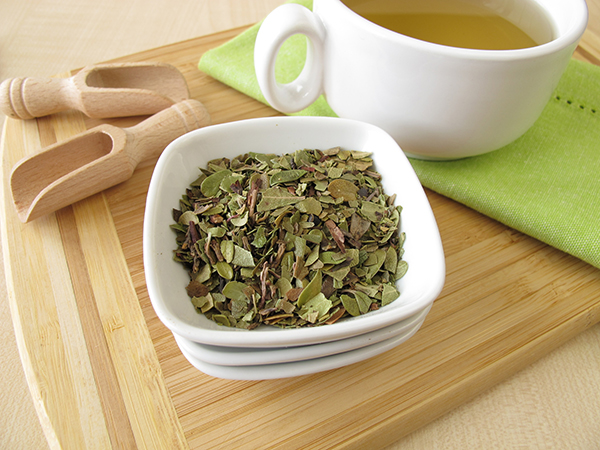Cerasee Tea: Benefits, Side Effects, and How to Make It
Cerasee tea, a traditional herbal remedy, has been used for centuries to treat various ailments.
This article will delve into the potential health benefits and side effects of cerasee tea, as well as provide a recipe for making your own at home.

What Is Cerasee Tea?
Cerasee tea is a herbal tea made from the leaves and vines of the Momordica charantia plant, also known as bitter melon or bitter gourd. This plant is native to Africa, Asia, and the Caribbean and has been used for centuries in traditional medicine due to its potential health benefits. The tea is often consumed to help with various health issues, such as digestive problems and skin conditions.
Potential Health Benefits of Cerasee Tea
Antioxidant Properties
Cerasee tea contains compounds known as flavonoids and phenols, which are known for their antioxidant properties. These antioxidants help protect the body from free radicals, which can cause cell damage and contribute to the development of chronic diseases such as cancer and heart disease.
Anti-inflammatory Effects
Cerasee tea has been reported to have anti-inflammatory effects due to its active compounds, such as cucurbitacins. These compounds may help reduce inflammation in the body, providing relief for individuals suffering from conditions like arthritis, asthma, or inflammatory bowel disease.
Blood Sugar Regulation
Cerasee tea may help regulate blood sugar levels due to its hypoglycemic effects. This can be particularly beneficial for individuals with diabetes or those at risk of developing the condition. However, it is essential to consult with a healthcare professional before using cerasee tea as a blood sugar management tool.
Digestive Health
Cerasee tea is often used to treat digestive issues such as constipation, indigestion, and bloating. Its bitter taste is believed to help stimulate the production of digestive enzymes and bile, aiding in the breakdown and absorption of nutrients.
Skin Health
Cerasee tea has been used traditionally to treat various skin conditions, such as acne, eczema, and rashes. The tea’s anti-inflammatory and antimicrobial properties may help soothe irritated skin and fight off infection-causing bacteria.
Cerasee Tea Side Effects
Hypoglycemia
While cerasee tea’s blood sugar-lowering effects can be beneficial for some, it may cause hypoglycemia (low blood sugar) in others. It is crucial to monitor blood sugar levels closely when consuming cerasee tea, especially for those on medication for diabetes.
Gastrointestinal Issues
Cerasee tea’s bitter taste may cause gastrointestinal discomfort, such as stomach pain, nausea, or diarrhea. To minimize these side effects, start with a small amount of cerasee tea and gradually increase the dosage if needed.
Drug Interactions
Cerasee tea may interact with certain medications, including those used to treat diabetes or blood pressure. If you are on any medications, consult with your healthcare professional before incorporating cerasee tea into your diet.
Who Should Not Drink Cerasee Tea?
Pregnant or breastfeeding women should avoid consuming cerasee tea due to its potential uterine-stimulating effects, which could lead to miscarriage or premature labor. Additionally, individuals with liver or kidney disease should consult with their healthcare provider before using cerasee tea, as it may worsen their condition.
How to Make Cerasee Tea
To make cerasee tea at home, follow these simple steps:
- Gather fresh or dried cerasee leaves and vines. If using fresh leaves, wash them thoroughly.
- Use approximately one tablespoon of dried cerasee or a small handful of fresh leaves for every cup of water.
- Boil the water in a pot, then add the cerasee leaves and vines.
- Reduce the heat and let the mixture simmer for 10 to 15 minutes.
- Strain the tea into a cup and allow it to cool slightly before drinking.
If you’re using a pre-packaged cerasee tea, follow the manufacturer’s guidelines on the packaging for the appropriate brewing method and serving size.
Where to Buy Cerasee Tea
If you’re interested in trying Cerasee tea, you’ll find quite a variety of options available for purchase online.
Final Thoughts
Cerasee tea has been used for centuries in traditional medicine to treat various health issues. Its potential benefits include antioxidant properties, anti-inflammatory effects, blood sugar regulation, digestive health, and skin health.
However, it is essential to be aware of the potential side effects and consult with a healthcare professional before incorporating cerasee tea into your diet, especially if you have any pre-existing health conditions or are taking medications.
FAQ
What Does Cerasee Tea Taste Like?
Cerasee tea has a very bitter taste, which may take some getting used to for those who are unfamiliar with it. Its bitterness can be reduced by adding honey, lemon, or other sweeteners, but doing so may alter some of its health benefits.
When Should I Drink Cerasee Tea?
There is no specific time when you should drink cerasee tea, but it is generally consumed before meals to aid digestion or before bed to promote relaxation. If you’re using cerasee tea for blood sugar regulation, consult with a doctor for guidance on the best time to consume it.
How Often Can You Drink Cerasee Tea?
The frequency of cerasee tea consumption depends on individual preferences and tolerance. Generally, it can be consumed one to two times a day. However, always follow the manufacturer’s guidelines if using a pre-packaged product, and consult with a healthcare professional if you have any concerns or pre-existing health conditions.
How Long Can You Drink Cerasee Tea Safely?
There is no definitive answer to how long one can safely consume cerasee tea. It is generally safe to use for short periods, but long-term use may result in side effects or complications, especially if you have pre-existing health conditions.






